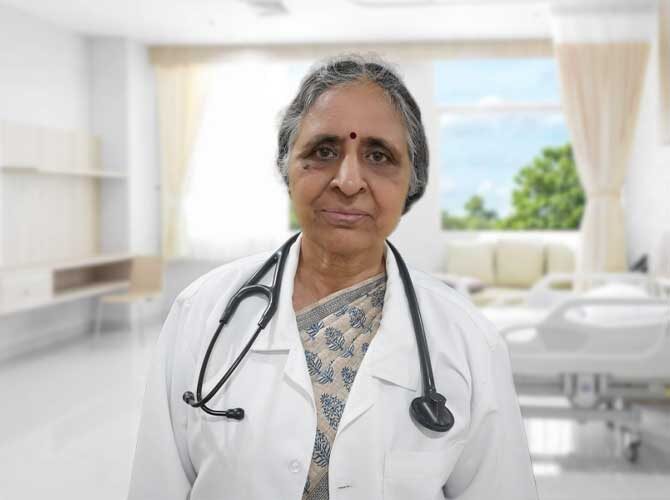An obstetrician and gynecologist (OB/GYN) is a medical doctor who specializes in women’s reproductive health, pregnancy, childbirth, and the management of disorders related to the female reproductive system. OB/GYNs provide comprehensive care to women throughout different stages of their lives, from adolescence to pregnancy to menopause. Here are some key aspects of their role:
- General Gynecological Care: OB/GYNs provide routine medical care for women, including regular check-ups, preventive screenings (such as Pap smears and mammograms), and management of common gynecological conditions like menstrual disorders, pelvic pain, and infections.
- Obstetric Care: OB/GYNs manage prenatal care, monitor the health of pregnant women and their developing babies, and oversee the process of labor and delivery. They provide guidance on healthy pregnancies, perform ultrasounds and other prenatal tests, and address any complications that may arise during pregnancy.
- Reproductive Health: OB/GYNs address issues related to reproductive health, including family planning, contraception methods, fertility evaluations, and the management of reproductive disorders such as polycystic ovary syndrome (PCOS) and endometriosis.
- Gynecological Surgery: OB/GYNs are skilled in performing various gynecological surgeries, ranging from minimally invasive procedures (such as laparoscopy and hysteroscopy) to major surgeries (such as hysterectomy and ovarian cystectomy). These surgeries may be performed to treat conditions like fibroids, ovarian cysts, uterine abnormalities, and gynecologic cancers.
- Menopause Management: OB/GYNs provide guidance and support during the transition to menopause. They address symptoms like hot flashes, mood changes, and hormonal imbalances and offer options for managing menopausal symptoms, including hormone replacement therapy (HRT) and lifestyle modifications.
- Reproductive Endocrinology and Infertility: Some OB/GYNs specialize in reproductive endocrinology and infertility. They diagnose and manage conditions that affect fertility, offer fertility treatments (such as assisted reproductive technologies and in vitro fertilization), and provide counseling and support for couples dealing with infertility.
- Patient Education and Counseling: OB/GYNs play a crucial role in educating patients about their reproductive health, pregnancy, and various treatment options. They provide guidance on contraception, prenatal care, childbirth preparation, and postpartum care. They also offer counseling and emotional support, addressing sensitive topics like sexual health, reproductive choices, and pregnancy loss.
OB/GYNs often work closely with other healthcare professionals, including nurses, midwives, and reproductive endocrinologists, to provide comprehensive care to women. They may also collaborate with specialists from other disciplines, such as oncologists and urogynecologists, to manage complex cases.





